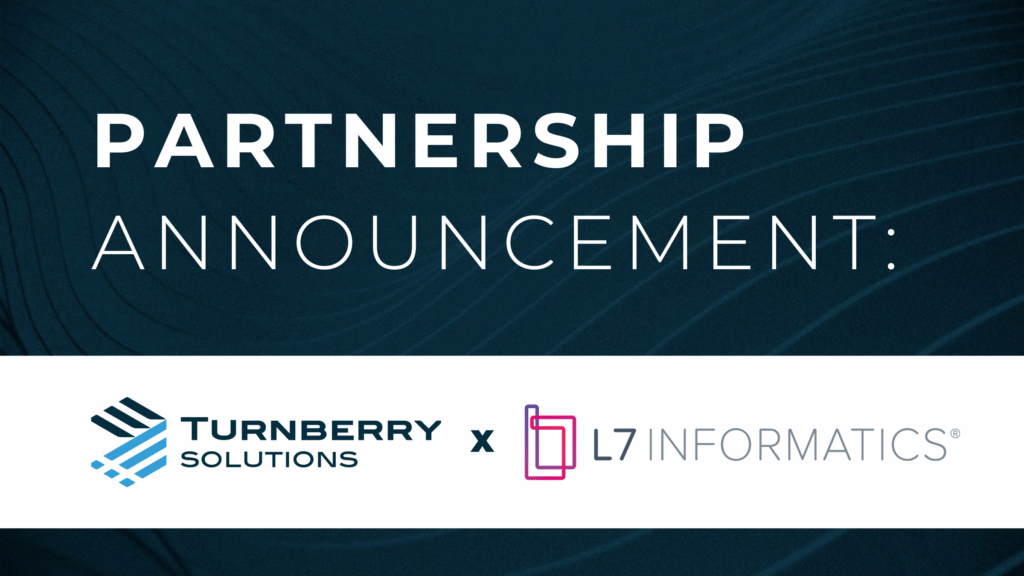A key driver of early career success: social capital

In a recent training, a colleague shared a stat that stopped me in my tracks: when it comes to career success, exposure accounts for 60% – compared to just 10% for performance.
This insight comes from the P.I.E. model developed by Havey J. Coleman in his book Empowering Yourself: The Organizational Game Revealed. Coleman breaks down career advancement into three key components:
- Performance: how well you do your job (10%)
- Image: how others perceive you (30%)
- Exposure: how visible you are to the right people, at the right time, in the right way (60%).
How to Work Smarter: Three Keys to Career Success | Psychology Today
That insight couldn’t ring truer to me as I reflect on my own journey with Crew. I joined Crew as a recent grad, green but eager to learn and contribute. After consulting on a few different projects, I stepped away to pursue a more marketing-focused opportunity elsewhere. But my time away helped me realize how unique this program was, and I “boomeranged” back – thanks largely to the relationships I built during my first chapter here. The social capital I established didn’t just open the door for my return – it’s shaped my entire trajectory.
Now, as a Crew manager, I get to pay it forward by helping early career professionals build their own networks of champions and advocates. Because here’s the truth: in the early years of your career, it’s not just about what you do – it’s about who knows you’re doing it, and how you show up along the way.

I didn’t fully realize it at the time, but building social capital is baked into Crew’s DNA. Through regular training, mentorship, certifications, networking events, and social gatherings, Crew created a space where simply showing up was a step toward building your professional reputation. By engaging in these opportunities, I was unintentionally starting to build my reputation as an engaged, growth-minded young professional. Each interaction was a small deposit into my social capital “bank.”
Looking back, it’s clear that this wasn’t by accident – Crew is intentionally designed to cultivate that kind of growth. Now that I am on the other side of the table, it’s clear the program doesn’t just place consultants into projects – it equips them with the tools and support to thrive as they launch their careers. Whether through structured mentorship, peer cohorts, or training to sharpen technical skills, Crew creates an environment that fosters connection and builds confidence. We talk openly about how to earn trust with clients, manage up, grow a network organically, and leave a lasting impression through small, consistent actions.
In conversations with our Crew consultants, I’m regularly impressed by their tenacity and grit – qualities that lay a strong foundation for future successes. But what really differentiates Crew talent, and why clients consistently love working with Crew, is their intentionality in building relationships and embracing a growth mindset. A few key habits we emphasize and foster:
- Stay hungry and keep growing. Ask thoughtful questions and invest in learning – about people, teams, and the bigger picture. Accept feedback openly.
- Follow up and follow through. Prioritize progress over perfection. Reliability builds trust.
- Add value without needing credit. Consistently doing good work gets noticed – even if it doesn’t seem like it in the moment.
- Notice who lifts others up – and do the same. Generosity is a two-way street. Be giving of your time, resources, and knowledge.
- Make connection a practice. Join calls early for informal conversation. Send thank-you notes. Celebrate others’ wins. Attend the “extra” stuff when you can. These small acts compound over time.
Though seemingly minor, these habits compound over time to build credibility, connection, and community – the foundation of meaningful social capital.
You won’t often find “good teammate” or “easy to work with” listed on a job description, but these traits matter deeply – regardless of role, industry, or level, and especially early in one’s career when a person isn’t also equipped with deep subject matter expertise. While strong performance will always be critical to success, managers want to work with people who are dependable, collaborative, and bring positive energy that elevates the entire team. That doesn’t mean saying yes to every new project or attending every happy hour. But it does mean recognizing that how you engage and show up matters just as much as what you deliver.
Social capital isn’t about networking in the traditional sense – it’s about building a reputation for consistency, trust, and presence. And when you build this social capital early, it will support you for years to come.
Continue reading

Q4 2025 compliance & remediation update
Introduction Welcome to our Turnberry compliance and remediation update for Q4 2025. Each quarter, our C&R…

L7 Informatics and Turnberry Solutions announce strategic Teaming Agreement to accelerate life sciences innovation at enterprise scale
Collaboration combines AI-ready data platforms with delivery certainty to help life sciences and food companies move…

Velocity unlocked: how hyperscale teams keep delivery moving
Introduction For most large technology organizations, slowing down is not an option. The pressure to…